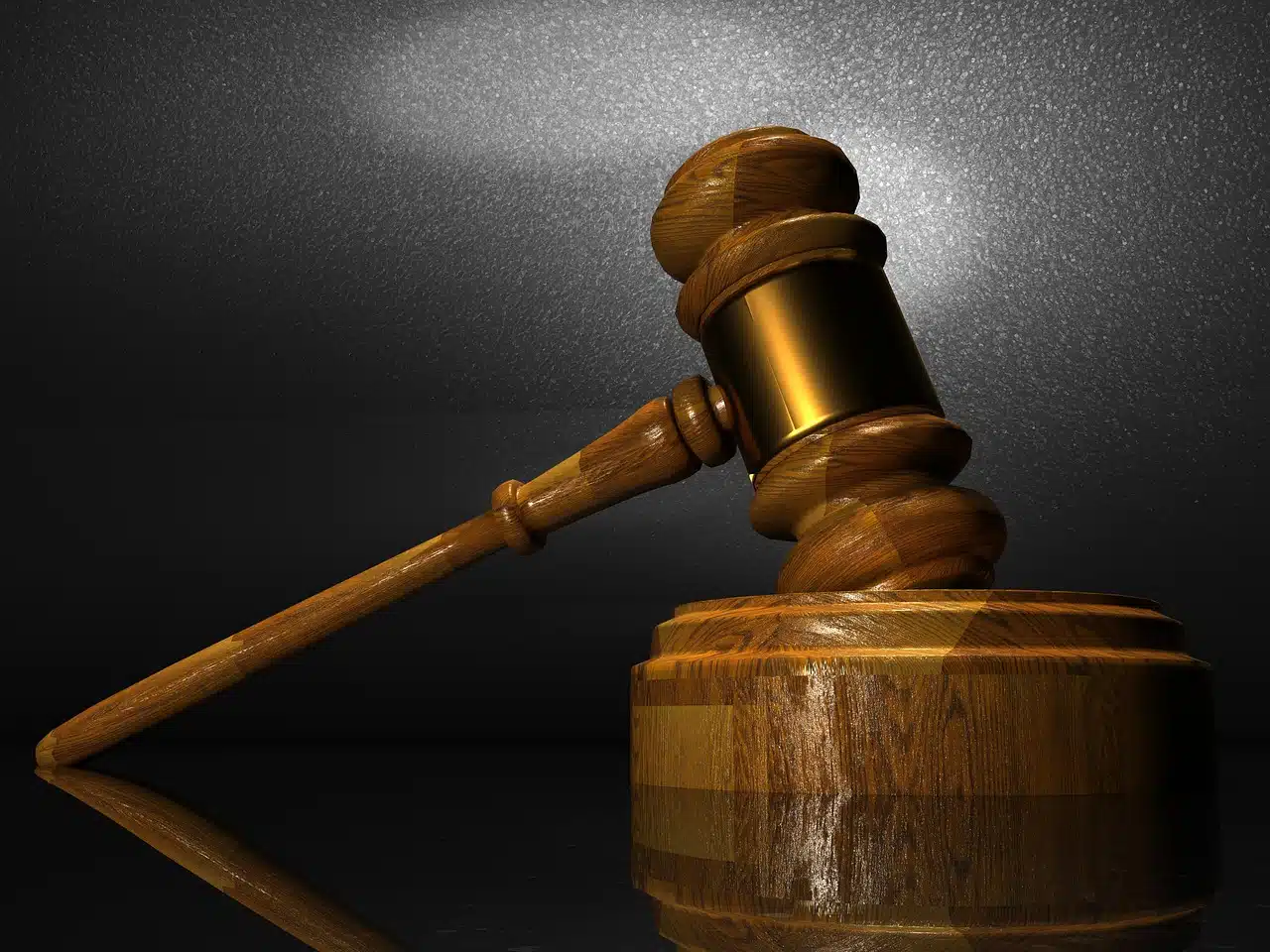
Procedural law is a branch of law that includes other subdivisions such as civil procedural law, criminal procedural law, constitutional procedural law, administrative procedural law, juvenile procedural law and labor procedural law.
The branches of law are the divisions or specializations that are recognized in the science dedicated to the study of the set of rules and precepts that allow the regulation of social ties.
The idea of law can refer to both this science and the series of regulations and principles . It is important to indicate that these notions express an ideal of order and justice and can be coercively imposed by state power to guide people's behavior.
What are the branches of law
The branches of law are subdisciplines that are established according to different criteria. The broadest division is that which distinguishes between public law (focused on the relationships established by individuals or private companies with public administration bodies) and private law (which is oriented towards legal links between individuals).
Beyond this first segmentation, there are multiple specializations and fields of study. Law graduates, known as lawyers , usually focus on a specific area to provide professional advice in that field.
It is important to indicate that some branches are also subdivided based on other classifications. If we focus on international law , we can recognize public international law and private international law .

The branch of law known as canon law analyzes the legal ties that develop in the Catholic Church.
Civil and criminal
Civil law is responsible for ordering and adjusting the private ties of subjects. It is divided, in turn, into four lines: general civil law or personal law (which deals with issues such as residence and nationality); family law (marriage, inheritance, alimony, inheritance law, etc.); the law of obligations (contract law); and real right (possession and property).
The obligation to support minor children, inheritance and ownership of property are among the situations regulated by civil law.
Criminal law , meanwhile, administers the power of punishment available to the State . This branch of law classifies certain behaviors as crimes , attributing them a legal effect.
It can be said that criminal law is associated with the power that state power assumes to punish behaviors that threaten coexistence in society. The rules that establish what crimes are and what penalties correspond to each one are compiled in the penal code ; Likewise, the rules that indicate how these norms are applied make up the so-called criminal procedural law .
Criminal law also has a presence in certain specific sectors. One can speak, in this way, of military criminal law (which imposes punishments for offenses committed by members of the armed forces in their area) or of economic criminal law (punishes crimes that affect the economic interests of the State and those committed within the framework of business activities).
Minor criminal law or juvenile criminal law , for its part, revolves around crimes committed by people who have not yet reached the age of majority.

Maritime law regulates relations between private entities that engage in traffic across the oceans, while the law of the sea is oriented towards links between States over maritime space.
Other branches of law
Labor law , also mentioned as labor law , regularizes and regulates the relationships that are established from the development of a work activity. These rules seek to guarantee that the parties involved comply with their obligations.
A distinction can be made between individual labor law (which examines the relationships that arise from the contract signed by an employee with his or her employer) and collective labor law (regulates links between groups, such as unions and employers' associations).
Labor law contemplates multiple rights, such as the right to work itself, the right to minimum wage, the right to strike, the right to unionize and the right to social security. It also recognizes the right to receive compensation in the event of dismissal without cause.
As for administrative law , it is a branch of law that observes the powers and obligations of the public administration and the legal links that its departments and bodies establish with people. Customs law , environmental law , road law, urban planning law , immigration law , functional administrative law and organic administrative law are some of its subdivisions.
Commercial law , also called commercial law or commercial law , is responsible for regulating commercial activities. Industrial property law (patent law, trademark law); corporate law or company law ; competition law ; insurance law ; banking law ; and bankruptcy law are part of its orbit.
Financial law , on the other hand, manages the relationships that arise from financial activities, which are those that aim to realize expenses and obtain income. Budget law (State expenditures) and tax law (establishing and applying taxes) are two of its specializations.
The Constitution
The Constitution is the supreme law of a State. Its study is carried out by constitutional law , which analyzes the state organization, the form of government, the functioning of public power and the fundamental rights of citizens.
Constitutional law guarantees that there is a rule of law , subordinating state power to the legal order. It also resolves normative collisions , situations that arise when two norms are incompatible with each other due to their content.
